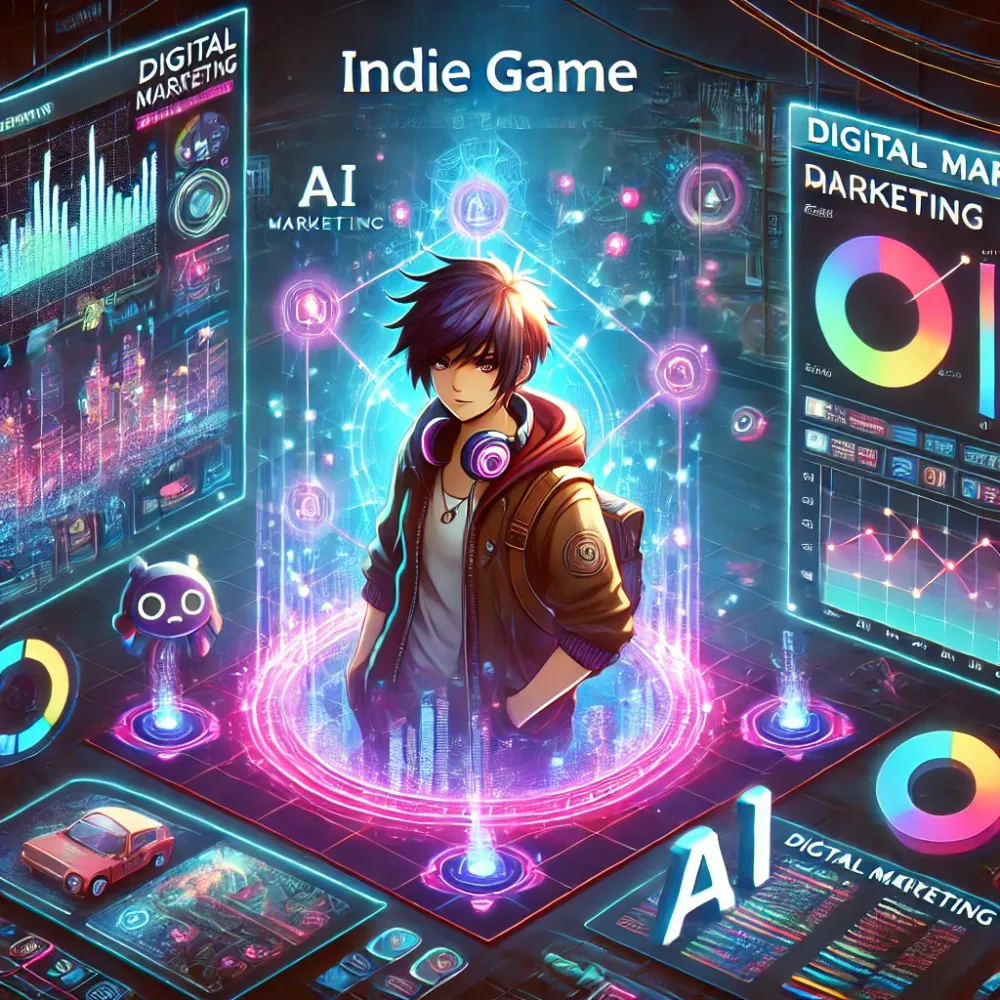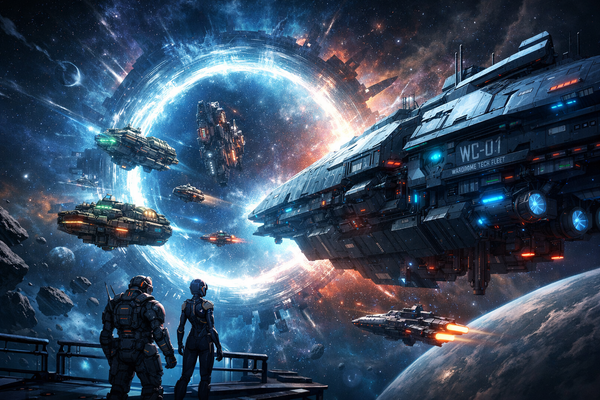AI in indie game marketing: Using machine learning to reach the right audience
Reaching and engaging the target audience is crucial for success. Artificial intelligence (AI), particularly machine learning (ML), offers innovative solutions to optimize marketing strategies, enabling indie developers to connect with players more efficiently and increase their game's visibility.
Leveraging predictive analytics for audience targeting
Machine learning algorithms can analyze vast amounts of data to identify patterns in player behavior, preferences, and demographics. By utilizing predictive analytics, developers can forecast which audiences are most likely to engage with their game, allowing for more targeted and effective marketing campaigns. This approach enhances user acquisition efforts by focusing resources on the most promising potential players.
Personalization engines for tailored content
AI-powered personalization engines enable the delivery of customized content and advertisements to different segments of the audience. By analyzing user data, these engines adjust marketing materials to align with individual preferences, increasing the likelihood of engagement and conversion. This personalized approach helps build a stronger connection between the game and its potential players.
Behavioral targeting to enhance engagement
Behavioral targeting involves reaching out to potential players based on their past behaviors and interactions. AI facilitates this by processing data from various sources, such as web analytics and social media interactions, to identify users who exhibit behaviors indicative of interest in similar games. This strategy ensures that marketing efforts are directed toward individuals with a higher propensity to engage, thereby improving the efficiency of marketing campaigns.
Case study: PowerPlay Studio's success with AI
PowerPlay Studio, a leading indie game developer, successfully utilized machine learning to enhance their marketing strategy. By implementing AI-driven campaigns, they gained insights into player behavior, allowing them to refocus their advertising efforts effectively. This approach led to a significant increase in user acquisition and revenue, demonstrating the potential of AI in indie game marketing (thinkwithgoogle.com).
Implementing AI strategies in indie game marketing
Indie developers can adopt several AI-driven strategies to enhance their marketing efforts:
- Data collection and analysis: Gather data from various sources, including in-game analytics, social media, and user feedback, to inform machine learning models.
- Segmentation: Use AI to segment the audience based on behaviors, preferences, and demographics, allowing for more targeted marketing.
- Content personalization: Develop personalized marketing content that resonates with different audience segments, increasing engagement rates.
- Performance monitoring: Continuously monitor the performance of AI-driven marketing campaigns and adjust strategies based on insights gained from the data.
While AI offers significant advantages, indie developers should be mindful of potential challenges:
- Data privacy: Ensure compliance with data protection regulations when collecting and utilizing user data.
- Resource allocation: Implementing AI solutions may require investment in technology and expertise, which can be a constraint for small teams.
- Ethical use: Maintain transparency in AI applications and avoid manipulative marketing practices that could erode player trust.
By thoughtfully integrating AI and machine learning into their marketing strategies, indie game developers can more effectively reach their target audiences, enhance player engagement, and achieve greater success in the competitive gaming market.




